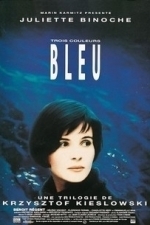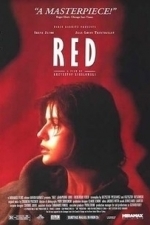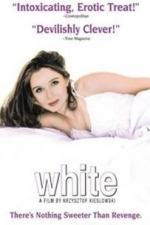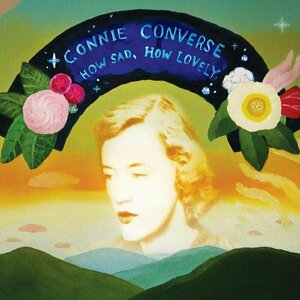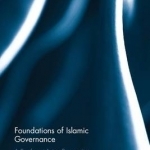
Foundations of Islamic Governance: A Southeast Asian Perspective
Book
The aim of this book is to explore and analyze the Islamic axioms, foundation principles and values...
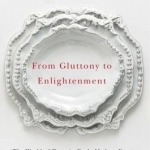
From Gluttony to Enlightenment: The World of Taste in Early Modern Europe
Book
Scorned since antiquity as low and animal, the sense of taste is celebrated today as an ally of joy,...
Paul Schneider recommended Three Colors: Blue (Trois Couleurs: Bleu) (1993) in Movies (curated)
Paul Schneider recommended Three Colors: Red (Trois couleurs: Rouge) (1994) in Movies (curated)
Paul Schneider recommended Three Colors: White (Trois Couleurs: Blanc) (1994) in Movies (curated)
Rachel Unthank recommended How Sad, How Lovely by Connie Converse in Music (curated)
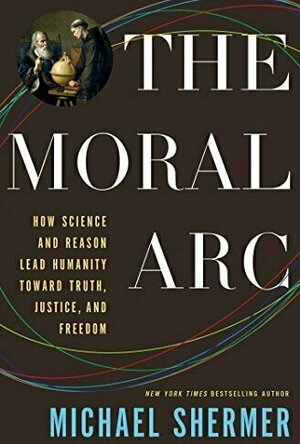
The Moral Arc: How Science Makes Us Better People
Book
Bestselling author Michael Shermer's exploration of science and morality that demonstrates how the...
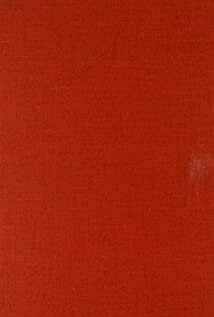
Sounding New Media: Immersion and Embodiment in the Arts and Culture
Book
Sounding New Media examines the long-neglected role of sound and audio in the development of new...
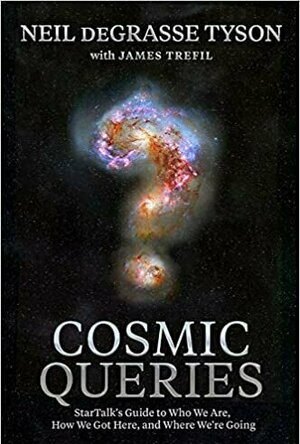
Cosmic Queries
Book
In this thought-provoking follow-up to his acclaimed StarTalk book, uber astrophysicist Neil...
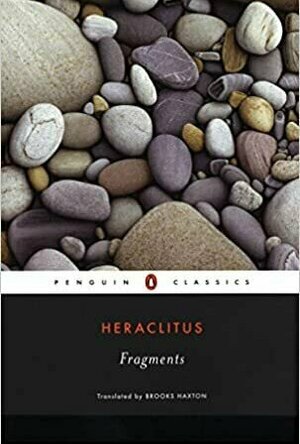
Fragments
Book
Fragments of wisdom from the ancient world In the sixth century b.c.-twenty-five hundred years...
